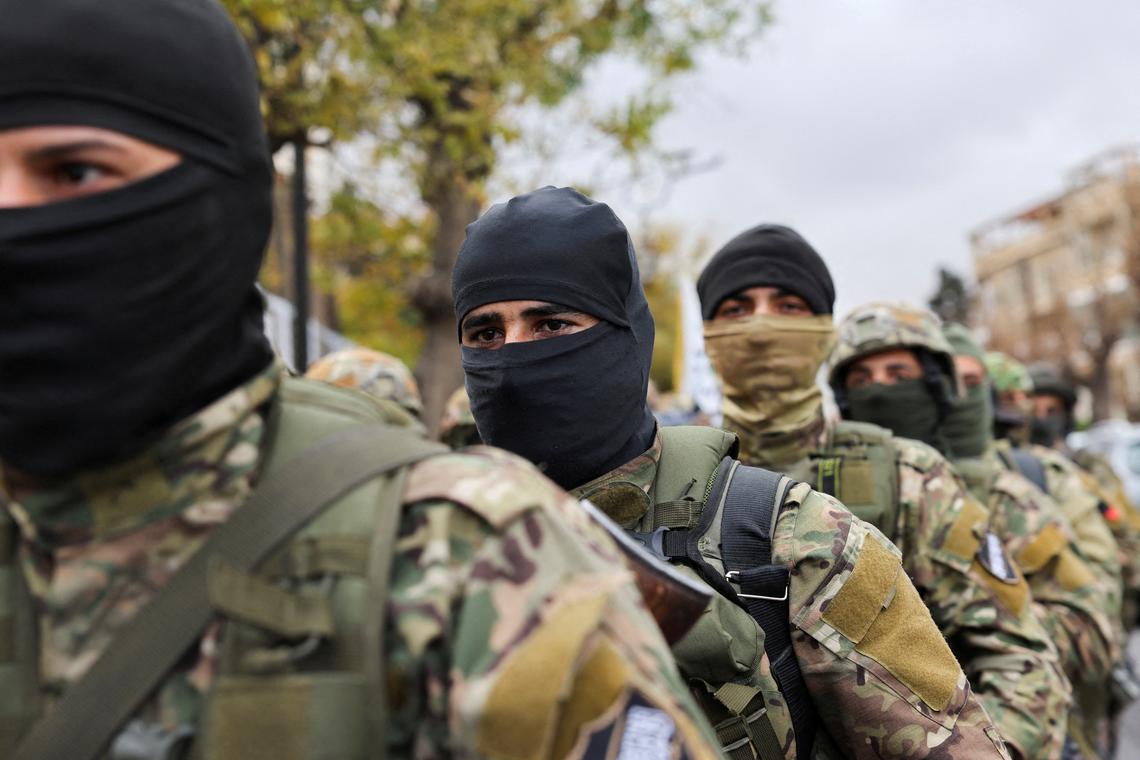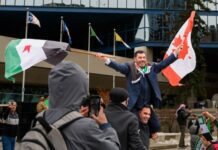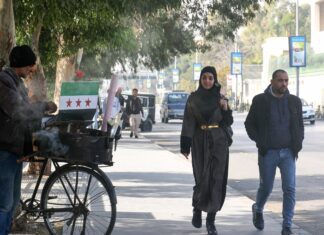
The fall of Bashar al-Assad’s regime in December 2024 has ushered in a new chapter for Syria and its relationship with the United States. As the country navigates a fragile political transition, the US is recalibrating its role in the region to prioritize counterterrorism, regional stability, and support for the Syrian people.
Focus on Counterterrorism & Foreign Fighters
During a visit to Ankara, US Under Secretary of State for Political Affairs John Bass reiterated America’s commitment to removing “foreign terrorist groups” from Syrian territory. “Syria should not be a safe haven for foreign terrorist organizations,” Bass said, advocating for the repatriation of foreign fighters to their countries of origin for legal accountability.
This position reflects ongoing concerns about the integration of “foreign jihadists” into Syria’s military, a controversial decision by the Syrian Transitional Government’s (STG) Ministry of Defense. Western envoys, including those from the US, France, and Germany, have cautioned against appointing foreigners to senior military roles, warning it could “harm Syria’s reputation” and “hinder international support.”
Diplomatic sources suggest Damascus justified the appointments by citing the fighters’ contributions to liberating Syria and their longstanding presence in the country. However, US officials argue that retaining such individuals in leadership positions risks destabilizing Syria and sending the wrong message to the global community.
Engagement with Turkey
The US is also working closely with Turkey to address mutual security concerns. In meetings with Turkish officials, Bass emphasized the importance of ensuring Syria’s transition does not pose a threat to its neighbors. Cooperation between the US and Turkey has focused on combating terrorism, stabilizing the region, and preventing chaos that could allow groups like ISIS to regain strength.
While the US has supported the Syrian Democratic Forces (SDF) in counter-ISIS operations, its alignment with terrorist groups like the PKK has long been a point of contention with Turkey. Bass avoided directly addressing the PKK/YPG issue but reaffirmed America’s commitment to a stable Syria that does not harbor terrorist threats.
Constructive Talks with STG
US officials have engaged in what they describe as “constructive talks” with Syria’s caretaker government. Discussions have centered on fostering inclusivity, protecting human rights, and weakening the influence of Iran and Russia in Syria. A US State Department spokesperson emphasized the importance of a Syria that “reflects all of Syria’s people and their rich diversity.”
Secretary of State Antony Blinken recently met with European counterparts in the Quint Group to coordinate support for Syria’s transition. The group discussed measures to prevent Syria from becoming a hub for terrorism, protect civilians, and uphold international humanitarian law.
Challenges Ahead
Despite diplomatic efforts, significant challenges remain. Syria’s new rulers must balance the demands of various factions, with the expectations of Western and Arab powers whose support is essential for reconstruction. Meanwhile, the US continues to grapple with the complexities of counterterrorism and regional alliances.
The presence of US forces in Syria remains a cornerstone of America’s strategy. Bass reiterated that American troops aim to prevent the resurgence of ISIS and support efforts to stabilize the region. However, questions persist about the long-term scope of US involvement, particularly as new leadership under President-elect Donald Trump takes shape.
A Path Forward
As Syria rebuilds, the US is navigating a delicate balance between supporting the country’s transition and ensuring it does not become a source of regional instability. Constructive dialogue with the STG and close coordination with allies like Turkey are critical to shaping a future that prioritizes stability, inclusivity, and human rights. The coming months will test America’s ability to lead in this new era for Syria, with its role likely to evolve alongside the challenges and opportunities presented by the post-Assad landscape.








